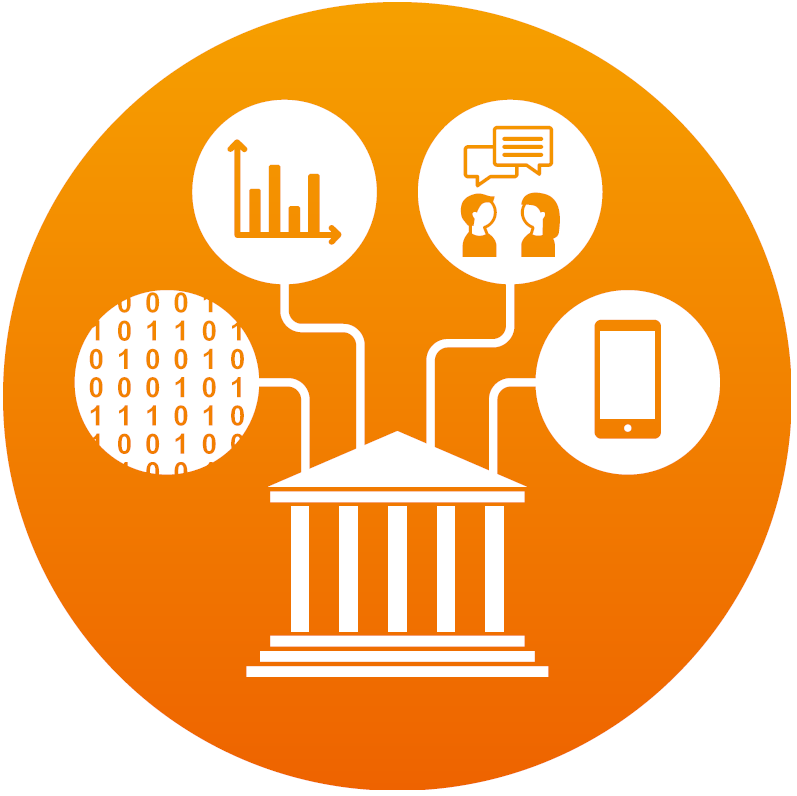Innovative response
The Korean government is releasing open government data on public services in response to the COVID-19 outbreak as follows: (a) Smart and digital library data (published by the Ministry of Culture, Sports and Tourism): This dataset contains information relating to the following attributes: name, location and URL of the library. (b) Online public lecture data via APIs (published by the Ministry of Education): This dataset provides information on the online public lecture which is freely available from university, public institution, media, etc. It will contain information such as lecture name, provider, professor name, and lecture description. (c) Economic support policies for COVID-19 outbreak by the central/local government (published by central/local government): This dataset provides information on the department in charge, contact information, type (e.g. cash/spot goods, reduction/exemption, loan/loan arrangements, etc.), content and target of economic support. (d) Cancellation status of events to be held in the province (published by local government): This dataset provides information on events canceled or postponed due to the COVID-19 outbreak such as event name, content, date, venue/place and department in charge of the event. (e) Mental health counseling centers (published by the Ministry of Health and Welfare) : This dataset provides information on the mental health services provider to support mental health management of the people and it contains attributes on the name, location, address, contact number and home page of the centers.
Specific issues addressed and anticipated impact
Making datasets available that relate to economic support policies of the central and local government for people's livelihood and small business and to support people's lives during coronavirus.
People have faced life changes due to the prolonged COVID-19 crisis according to preventive and risk management guidelines and/or administrative rules for COVID-19. For this reason, the government not only focus on releasing data on COVID-19 but also releasing data on mental health counseling centers to help protect their mental health, digital library to support students' study at home and online education content and course for people. With these practices, the government expanded the opportunity for open government data to be proactive, agile provided and to participate in various uses in the private sector, through user-driven approach, engagement and collaborative mechanisms between public and private sector.
Organisations/institutions involved
The National Information Society Agency (NIA) as a main institution in charge of OGD and which is under the Ministry of Interior and Safety and the Ministry of Science and ICT supports to coordinate public and private actors to make datasets in response to the COVID-19 outbreak available on the central OGD portal. The Ministry of the Interior and Safety (MOIS) which coordinates between related ministries and local government, and supports the Central Accident Investigation Headquarters (or please note that indicated as the Central Disaster Management Headquarters in the below reference links) for coronavirus response. Therefore, the MOIS coordinates also to release of open government data with different ministries within the public sector.
- National/Federal government
- Regional/State government
- Local government
Issues being addressed:
- Information and practice sharing (with public and/or internal)
- Governance responses
- Real-time data collection, sharing, and analysis
- Public service delivery under new circumstances
Date Submitted:
2 June 2020


